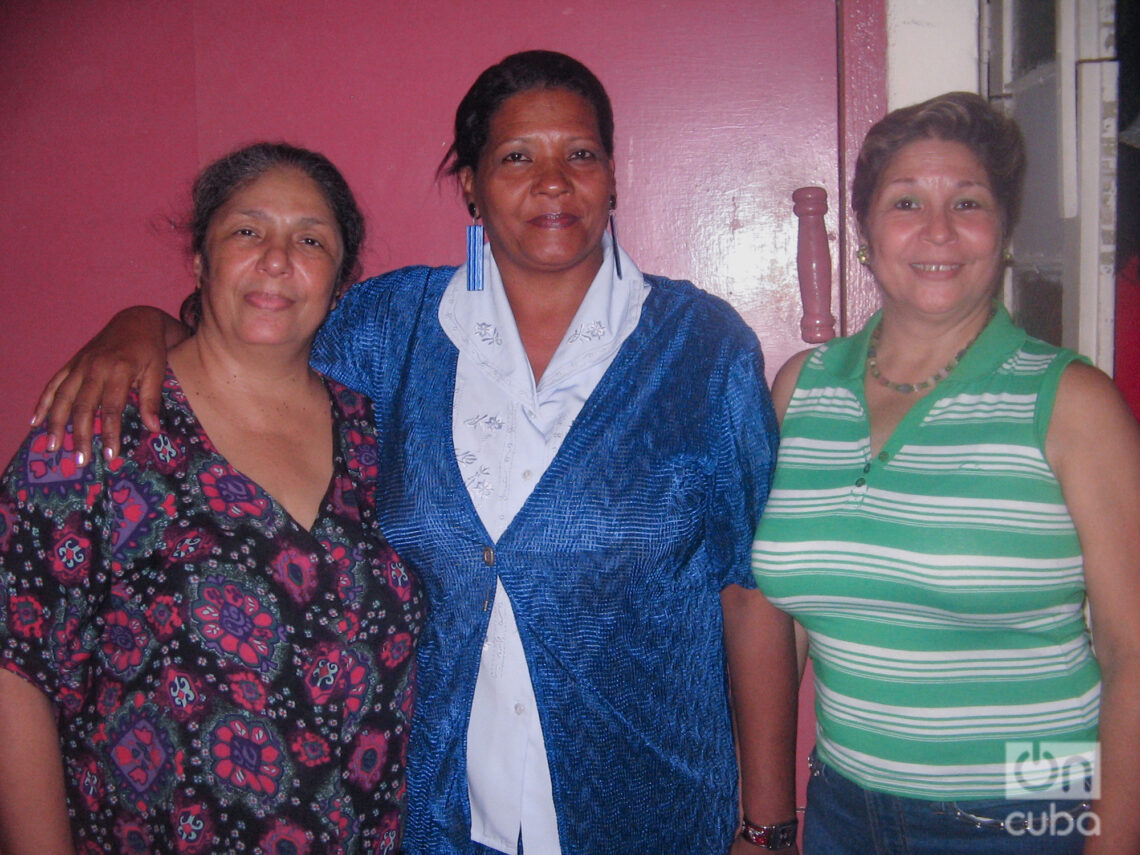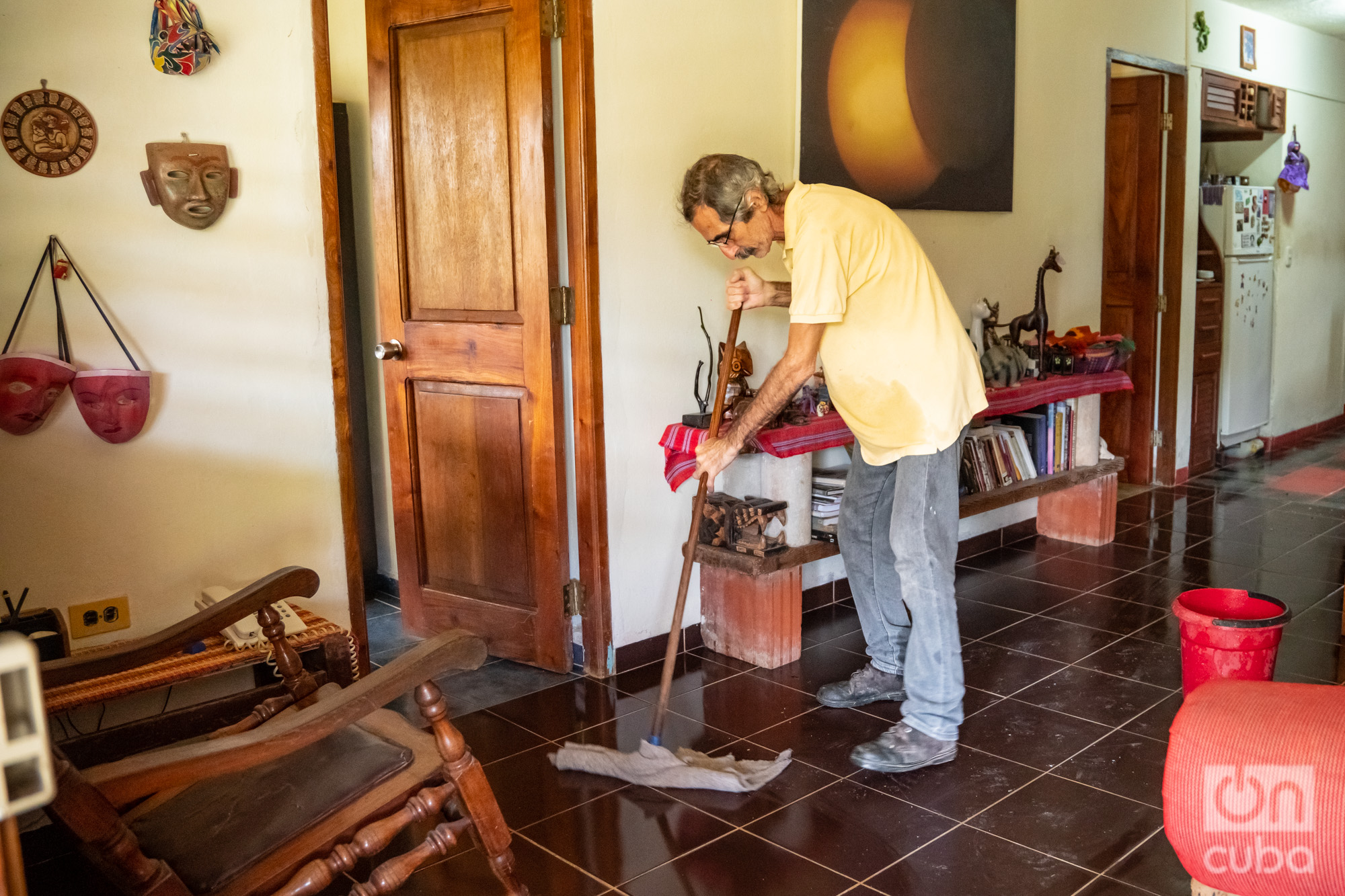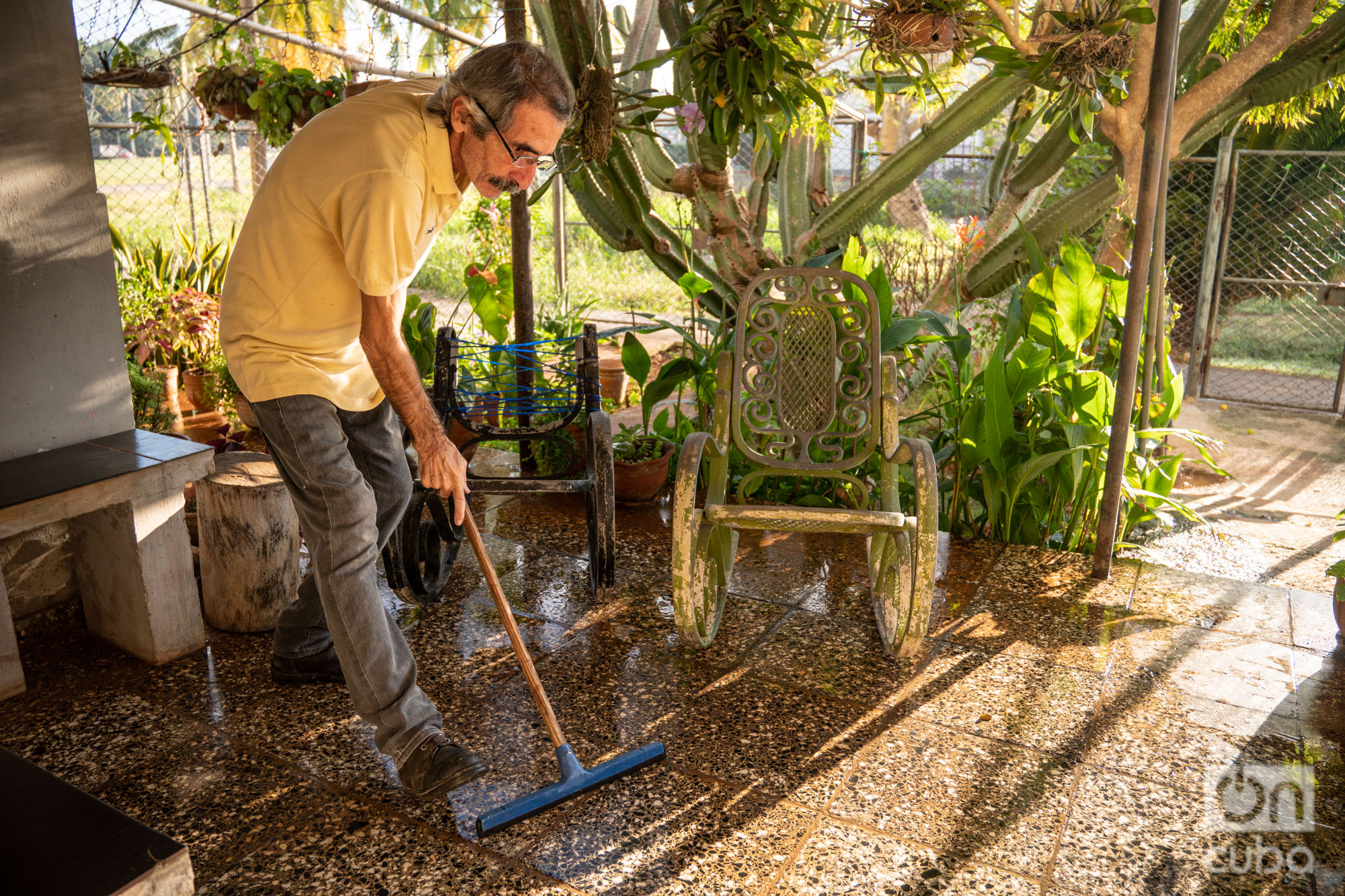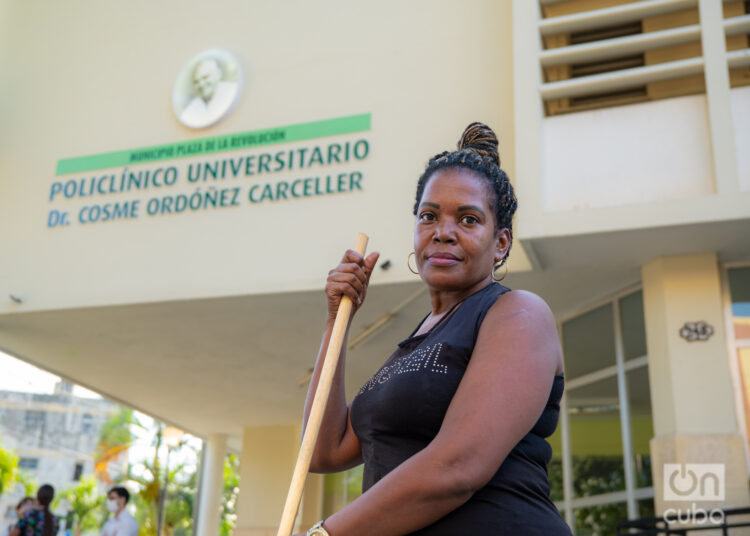When I was a child, adults always corrected me: “You don’t say floor cleaner; it’s called a cleaning assistant.” In that simple clarification of terminology, there was a vindication of the trade that perhaps I did not understand. For me, saying floor cleaner was like saying shoe shiner, a word composed to describe a profession that did not dishonor, in any way, the person who practiced it.
When I was 14 years old, a girl my age knocked on our door. She was black, tall, strong and beautiful. She asked for my mother and when she saw her she told her: “I’m Lianna, your niece, your sister Angela’s daughter.” My mother told me that, since my grandmother didn’t know how to do anything around the house and she cried in front of the laundry tub every time she had to wash, she looked for a woman to do the work. While my grandmother Nilda taught classes in El Lucero in a small multigrade school, Catalina cleaned the house. My grandfather Aemir politely seduced “the cleaning lady” and, although he was with my grandmother all his life, from his romance with Catalina, the beautiful Angela was born.
My mother, my aunt La China, and my uncle El Chuny did know Angelita because my grandfather took her to the Isla de La Juventud and they lived together for a time with my grandmother’s approval. Then the brothers lost contact because they moved to different provinces. Until Lianna, my first cousin, arrived by surprise and she remained forever part of our closest family. Through her, all of her relatives were reconnected and, although we do not have the same last name, she had a son whom she named Aemir, like my grandfather.
When my aunt Angelita started working as a “cleaner” because she had to support her children, she did so covering for a worker who was on maternity leave. In those years it was difficult to get a position because people retired in their positions. After a little while she managed to obtain a permanent position as a cleaning assistant at the Cruce de Los Baños polyclinic, at III Frente. For her, it was a merit to have achieved it. She says that once a national visit came and the first recognition was for the polyclinic’s cleanliness. She was always very careful in her work and her work center was, for years, an important reference within the region in terms of hygiene.
My aunt Angelita was a prestigious worker, an example for her colleagues, and a source of pride for her children. She had beautiful moments and complex moments. She belonged to the Labor Justice Body for years and had to participate in the most difficult process that has ever existed according to her: the first workforce reduction that was carried out in the country. When my aunt talks about that her eyes water because she says that, with the suitability thing, a few parents were left out of their positions.
Angelita studied to become a sterilization technician. She has been working for twenty-three years in the sterilization department of the same polyclinic where she started “cleaning.” She has fond memories of her first job and she says she never felt belittled by her co-workers.

Like my aunt, I know other women with a similar experience. Neklis, at the Faculty of Physical Culture of Santiago de Cuba, where my mother was dean, started cleaning floors, then she was in charge of the pantry and studied in the workers’ course. Today she is a professor and the head of University Extension at the same faculty.
Cleaning for “the State” in schools, hospitals and workplaces is extremely complicated today. My aunt tells me that before they worked better, there were more resources. She knows that now many places are dirty because the assistants do not have a broom, a good floor mop, gloves, or cleaning products. Nothing can be demanded if there are no conditions, salaries are low and prices are high.
Those who clean in recreational centers or hotels have other earnings, although the job is the same. A friend’s girlfriend told me that when she cleaned the rooms at a hotel in Los Cayos, she found “everything,” from used condoms, hair bands full of hair, even clothes, money, and items that guests left forgotten under the beds. She cleaned well, earned enough to have a decent living, and took what she could without being dishonest.

One of my best friends, to support her son, cleaned floors at the Fábrica de Arte while pursuing her degree in Social Communication. She earned more in a week cleaning than I did in a month as a university professor and Master of Science. She told me several times: “Deary, I’m talking so that you can clean with me. There are products, it’s great there.” But I had my little boy and I made extra money selling books from my personal library in the pigeon park when things were more pressing. Furthermore, with dirty spots I leave on the floor of my house, I would not be able to convince anyone. But I have that trump card, in case one day I have to clean floors in Cuba or anywhere else in the world.
I have referred to women, but some men also work in cleaning. I know someone who works in a house where a dozen women passed through. Only he has been able to do the job and managed to please the owner with his work.


Although some are not ashamed of the job, like my aunt, some lower their heads when they see them with the mop in their hands.
I would like working conditions to improve and for us to respond with a smile when they ask us to walk along where it’s dry. I would like us to respect and consider more the work of those who clean. And that those who dedicate themselves to the trade think like my aunt Angelita: “I say that cleanliness is health. No one who does that work should feel belittled, or less than anyone else. Without hygiene we are nothing.”











pls i want to apply for this job .